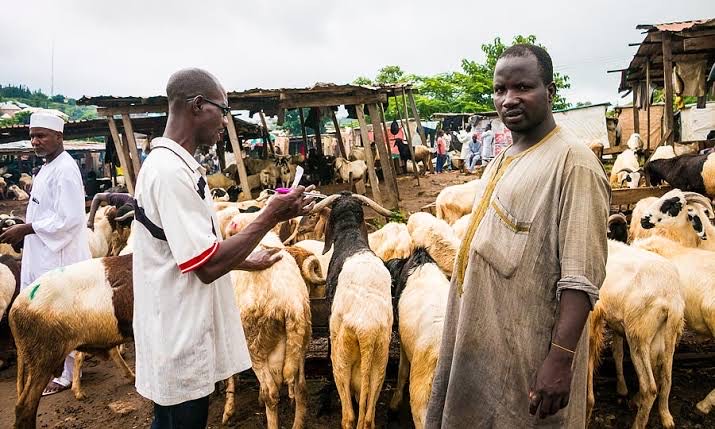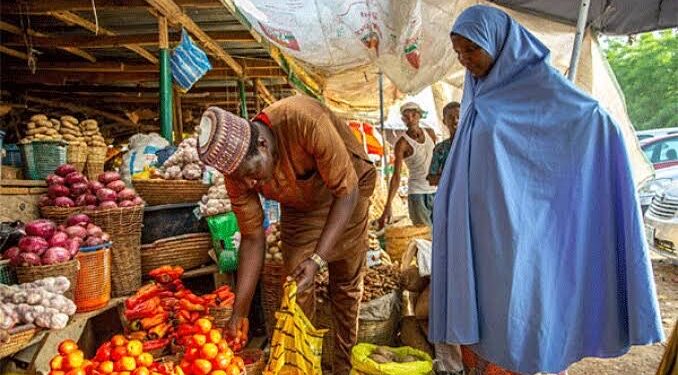As Eid el-Kabir approaches, pepper, a spice commonly used in many Nigerian dishes, has become a scarce commodity in Ilorin, the Kwara capital.
A market survey conducted on Thursday at Mandate Market, Ilorin West LGA, where pepper is sold in bulk, revealed that pepper has become expensive in recent weeks. Stocks have become scarce, with little or nothing left to look at, even tomatoes. Some pepper sellers have attributed the shortage in the north, where pepper is grown in large quantities, to flooding and pest infestation.

Jamil Isa said he was hoping a vehicle would bring him pepper and onions, but was told there were no goods to load.
He lamented that everything had been washed away by the floods and that where it was not washed away, it was infested with pests.
A small container of tomatoes that used to sell for 150 naira now sells for 2,000 naira, a big container that used to sell for 1,500 to 2,000 naira now sells for 15,000 naira and a big basket that used to sell for 10,000 naira now sells for 175,000 naira.

Also, a basket of Scotch bonnets, popularly called “rodo”, that used to sell for 1,500 naira now sells for 12,000 naira.
Similarly, a bag of onions now sells for 75,000 naira instead of 50,000 naira, the same or less than before.
According to the National Bureau of Statistics, food prices in Nigeria increased by 40.53 percent in April 2024 compared to the same month last year, with food inflation reaching a historic high of 40.53 percent in April 2024.
When we visited sheep sellers, they complained about low sales and buyers complained about high ram prices. Aziz Abdullahi, a ram seller, said that a ram that sold for 50,000 naira a few years ago was selling for more than 170,000-200,000 naira this year.
He attributed the increase in ram prices to high feed and transportation costs. Yahaya Usman, a potential customer, said that because of the exorbitant prices, some of his friends have spent money to buy cows, which he hopes to share. Cows are also accepted in Islam as an alternative to rams.
































